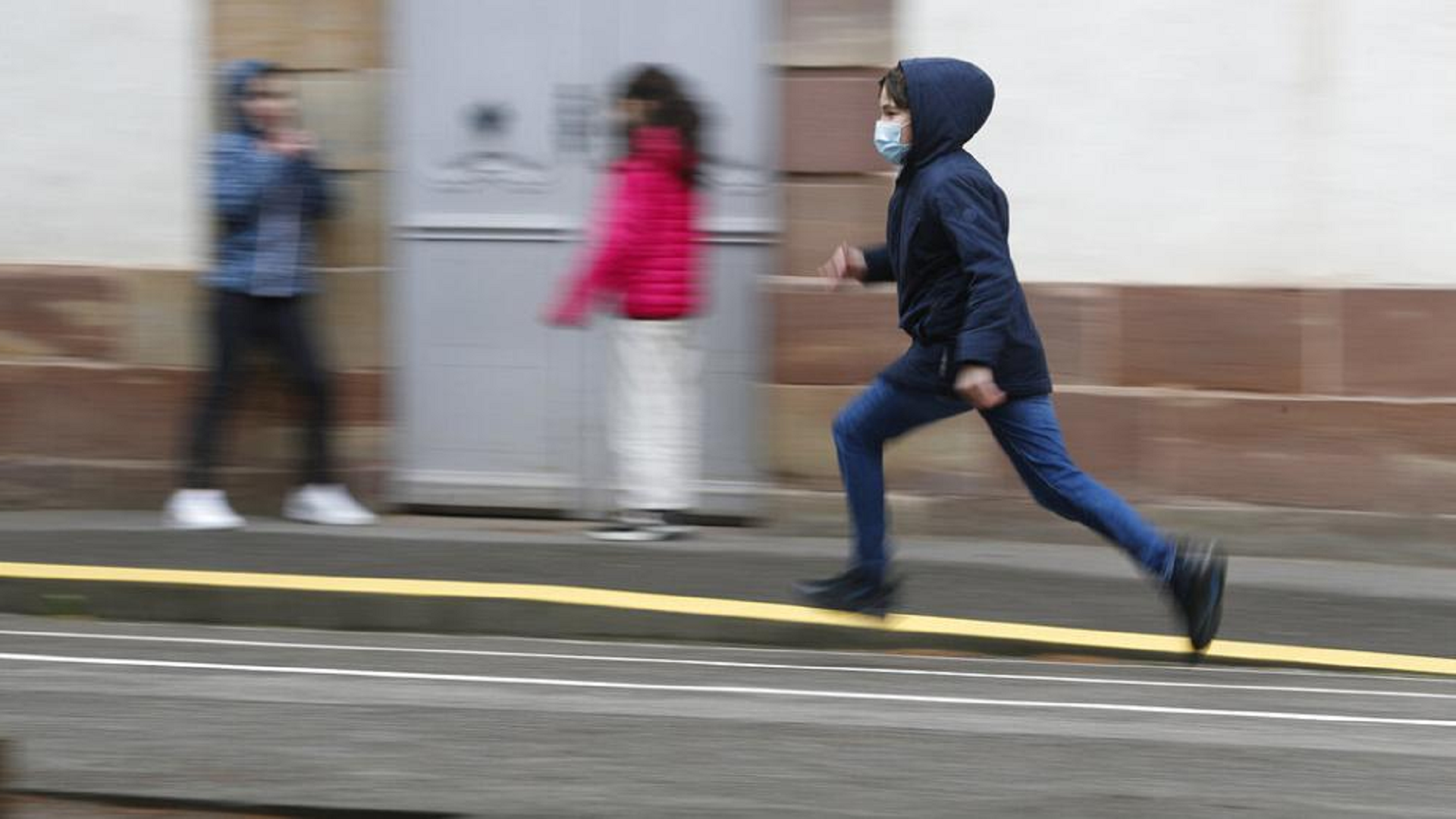As of 15 May 2020, more than 4 million confirmed cases of COVID-19, including more than 285,000 deaths have been reported to WHO. The risk of severe disease and death has been highest in older people and in persons with underlying noncommunicable diseases (NCDs), such as hypertension, cardiac disease, chronic lung disease and cancer.1-4 Limited data describe clinical manifestations of COVID-19 that are generally milder in children compared with adults,5-8 but also show that some children do require hospitalization and intensive care.9-11
Relatively few cases of infants confirmed to have COVID-19 have been reported; those who are infected have experienced mild illness.7 Robust evidence associating underlying conditions with severe illness in children is still lacking. Among 345 children with laboratory-confirmed COVID-19 and complete information about underlying conditions, 23% had an underlying condition, with chronic lung disease (including asthma), cardiovascular disease, and immunosuppression most commonly reported.12
Recently, however, reports from Europe and North America have described clusters of children and adolescents requiring admission to intensive care units with a multisystem inflammatory condition with some features similar to those of Kawasaki disease and toxic shock syndrome. Case reports and small series have described a presentation of acute illness accompanied by a hyperinflammatory syndrome, leading to multiorgan failure and shock.13-15 Initial hypotheses are that this syndrome may be related to COVID-19 based on initial laboratory testing. Children have been treated with anti-inflammatory treatment, including parenteral immunoglobulin and steroids.
It is essential to characterize this syndrome and its risk factors, to understand causality, and describe treatment interventions. It is not yet clear the full spectrum of disease, and whether the geographical distribution in Europe and North America reflects a true pattern, or if the condition has simply not been recognized elsewhere.
There is therefore an urgent need for collection of standardized data describing clinical presentations, severity, outcomes, and epidemiology. WHO has developed a preliminary case definition and case report form for multisystem inflammatory disorder in children and adolescents. The preliminary case definition reflects the clinical and laboratory features observed in children reported to date, and serves to identify suspected or confirmed cases both for the purpose of providing treatment and for provisional reporting and surveillance. The case definition will be revised as more data become available.
Preliminary case definition[a]
Children and adolescents 0–19 years of age with fever > 3 days
AND two of the following:
- Rash or bilateral non-purulent conjunctivitis or muco-cutaneous inflammation signs (oral, hands or feet).
- Hypotension or shock.
- Features of myocardial dysfunction, pericarditis, valvulitis, or coronary abnormalities (including ECHO findings or elevated Troponin/NT-proBNP),
- Evidence of coagulopathy (by PT, PTT, elevated d-Dimers).
Acute gastrointestinal problems (diarrhoea, vomiting, or abdominal pain).
AND
Elevated markers of inflammation such as ESR, C-reactive protein, or procalcitonin.
AND
No other obvious microbial cause of inflammation, including bacterial sepsis, staphylococcal or streptococcal shock syndromes.
AND
Evidence of COVID-19 (RT-PCR, antigen test or serology positive), or likely contact with patients with COVID-19.
Global COVID-19 Clinical Data Platform
WHO has an established platform for standardized, anonymized clinical data. Contributors can enter data into the web-based WHO COVID-19 Clinical Data Platform, which captures all COVID-19 variables listed in the case report forms (CRFs). Using the WHO platform facilitates aggregation, tabulation, and analysis across different settings globally and provides a secure, access-limited, password-protected, electronic database hosted in a secure server at WHO. WHO will maintain appropriate technical and organizational security measures to protect confidentiality and prevent the unauthorized disclosure of the anonymized COVID-19 data.
WHO.int / Balkantimes.press
Napomena o autorskim pravima: Dozvoljeno preuzimanje sadržaja isključivo uz navođenje linka prema stranici našeg portala sa koje je sadržaj preuzet. Stavovi izraženi u ovom tekstu autorovi su i ne odražavaju nužno uredničku politiku The Balkantimes Press.
Copyright Notice: It is allowed to download the content only by providing a link to the page of our portal from which the content was downloaded. The views expressed in this text are those of the authors and do not necessarily reflect the editorial policies of The Balkantimes Press.

